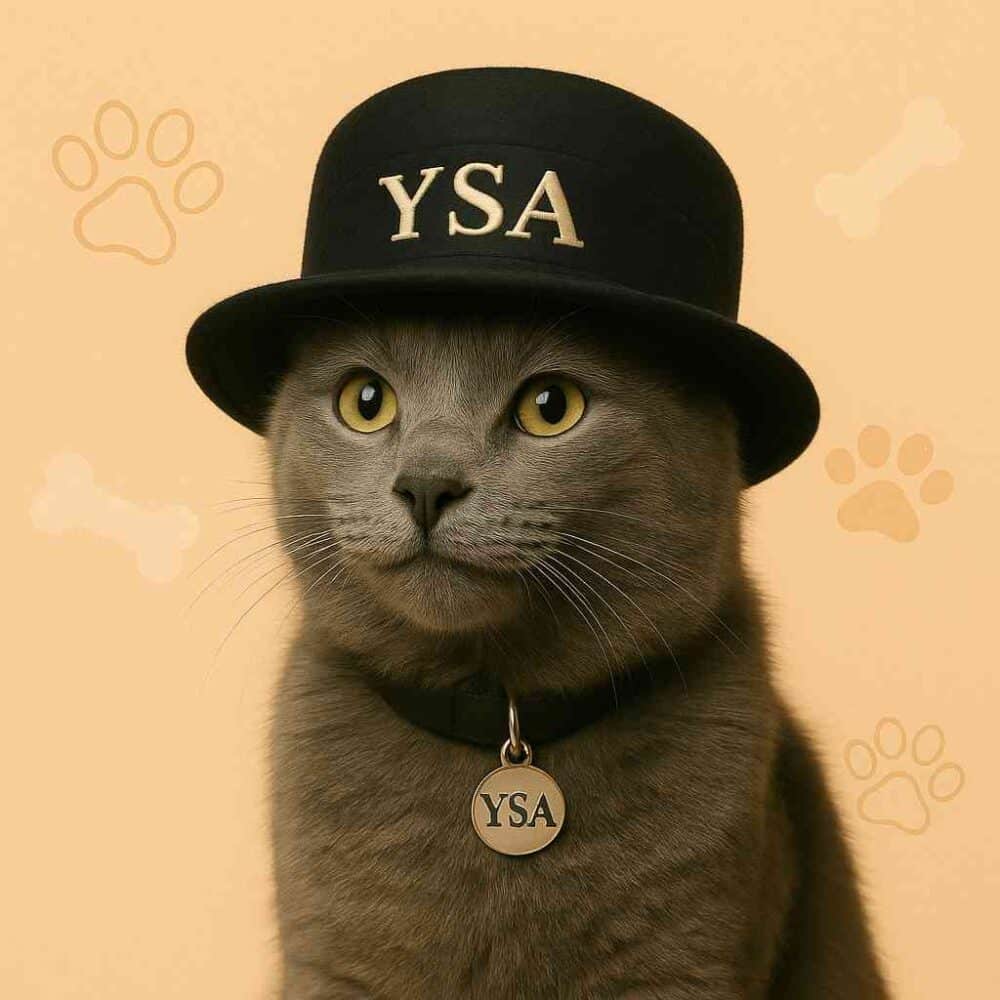Get an Emotional Support Animal in North Carolina
Life’s pressures weighing you down? Love is sometimes the best medicine, especially if it comes with a wagging tail and soft fur. At Your Service Animal, we’re simplifying the process to connect North Carolina residents with licensed mental health professionals who truly understand the role of emotional support animals.
No doctors’ offices. No stigma. Just convenient virtual consultations with qualified therapists who recognize the profound connection you share with your animal friend. They’ll assess whether an emotional support animal letter suits your situation, providing housing protections to ensure your faithful companion can live with you anywhere, from Charlotte apartments to Raleigh rentals.
Our network of North Carolina-based professionals isn’t just processing paperwork. Instead, they’re creating a space where your mental health concerns receive genuine attention. Whether you’re struggling with anxiety, depression, or the challenges of everyday life in the Tar Heel State, we’re ready to explore how an animal companion might be the mental health aid you need.
get started















